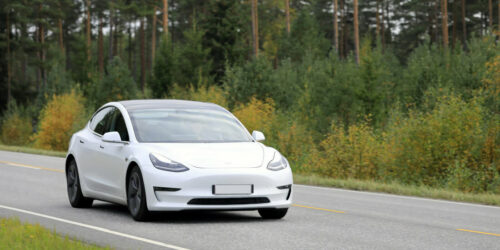How Much Does It Cost to Charge an Electric Car in the UK?
- Different costs associated with public EV charging
- How much EV charging at home costs
- Home charging EV tips
In an age where we are looking to move away from petrol and diesel vehicles and when fuel prices are fluctuating so much, it can be difficult to really know how much EV charging costs. In relation to traditionally fuelled cars, charging an electric vehicle can be cheaper, but it depends on how you do it. Even with electricity prices no longer fixed under the Energy Price Guarantee, it might surprise you how much you could save with home charging your EV.
This article will look at EV charging and how much it costs on the public network, as well as what you can expect to pay at home. With fewer free public chargers being available as the years go on, it’s more important to look at ways in which you can save money on charging your EV. A fully electric future doesn’t have to be expensive.
Ready for a home charger? Use our quote comparison tool to see how much you'd pay. It only takes a minute.
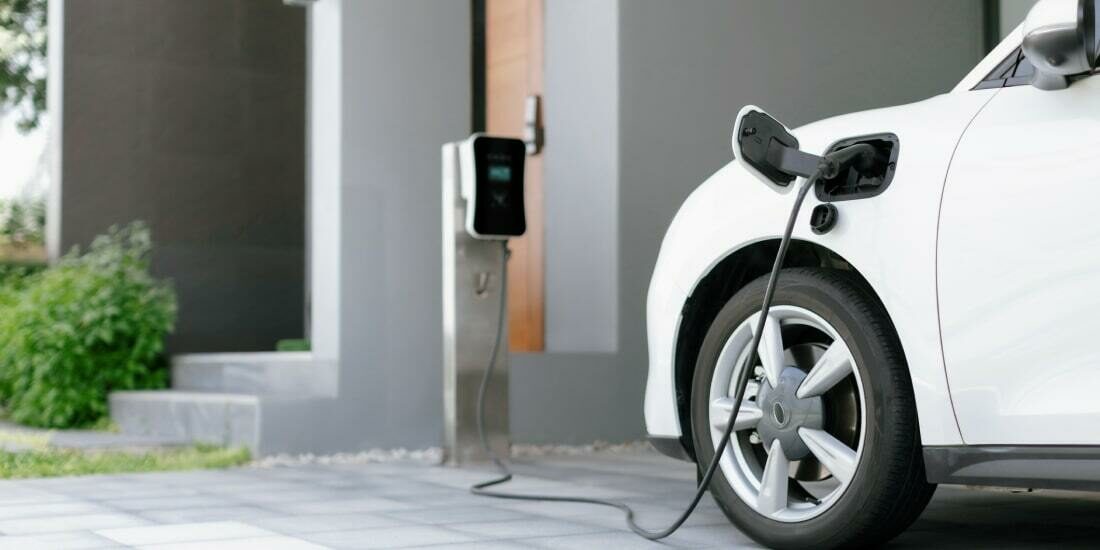
What's On This Page?
Click the links below and head straight to a specific section of the article.
Public EV Charging Costs
If you’re lucky enough to work for a company that provides EV charging facilities, you may be able to benefit from free charging. Most companies now charge for this service though, and unless you live in Scotland, free public charging points aren’t available. For everyone else, there are normally four types of charging point that you can benefit from (and pay for): slow, fast, rapid and ultra-rapid. A full comparison of prices can be seen in the graph below.
Slow Charging
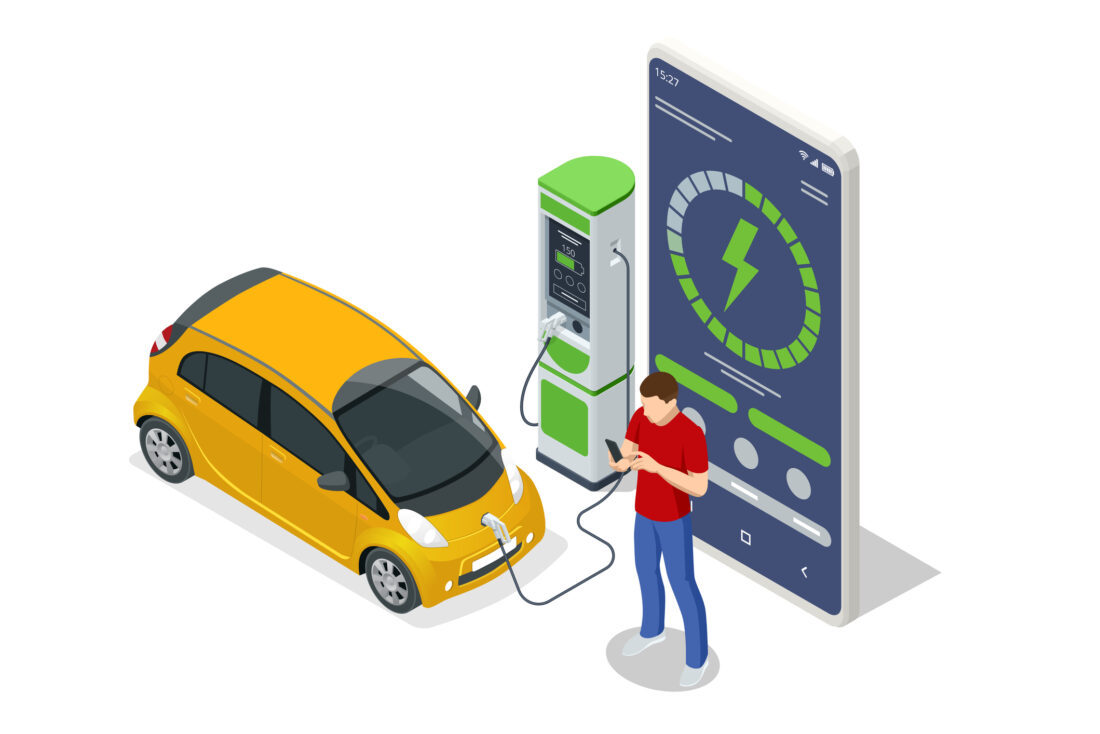
Unlike filling up with traditional vehicle fuel in a matter of minutes, slow charging offers you a full tank in 8-10 hours. Usually reserved for overnight or office charging, slow EV charging is limited to 3-6kW. This costs around 33p/kWh for off-peak charging.
Fast Charging
Offering 7-22kW, these take 3-4 hours for a full charge. These are the most common types found in supermarket car parks and leisure centres. Fast chargers cost around 75p/kWh at off-peak times.
Rapid Charging
For those who are short on time, these 25-99kW chargers offer full EV charging for 30-60 minutes. Not all vehicles are compatible with rapid charging, so it’s always best to check first. These set you back around 75p/kWh at off-peak times.
Ultra-Rapid Charging
The least prolific kind of EV charging, ultra-rapid chargers offer 100kW or more. You can receive up to 80% charge in 20-30 minutes with these stations. Ultra-rapid chargers cost you about 57p/kWh off-peak.
For reference, with petrol at 149p per litre, it costs around £59.60 to fill up to 80%. This is about 14.12p per mile, so you’ll save money on public EV charging, unless you choose to charge at peak times. Rapid and fast chargers both at peak and off-peak times cost around more than this, averaging 17.75p/mile at the top end.
The other downside to using the public charging network is that 20% VAT is applied. For home charging, this is only 5%. For the 40% of households that don’t have off-street parking, this makes EV charging costlier. Having said this, not charging at peak rates will still save money compared to a traditional petrol car.
EV Charging at Home
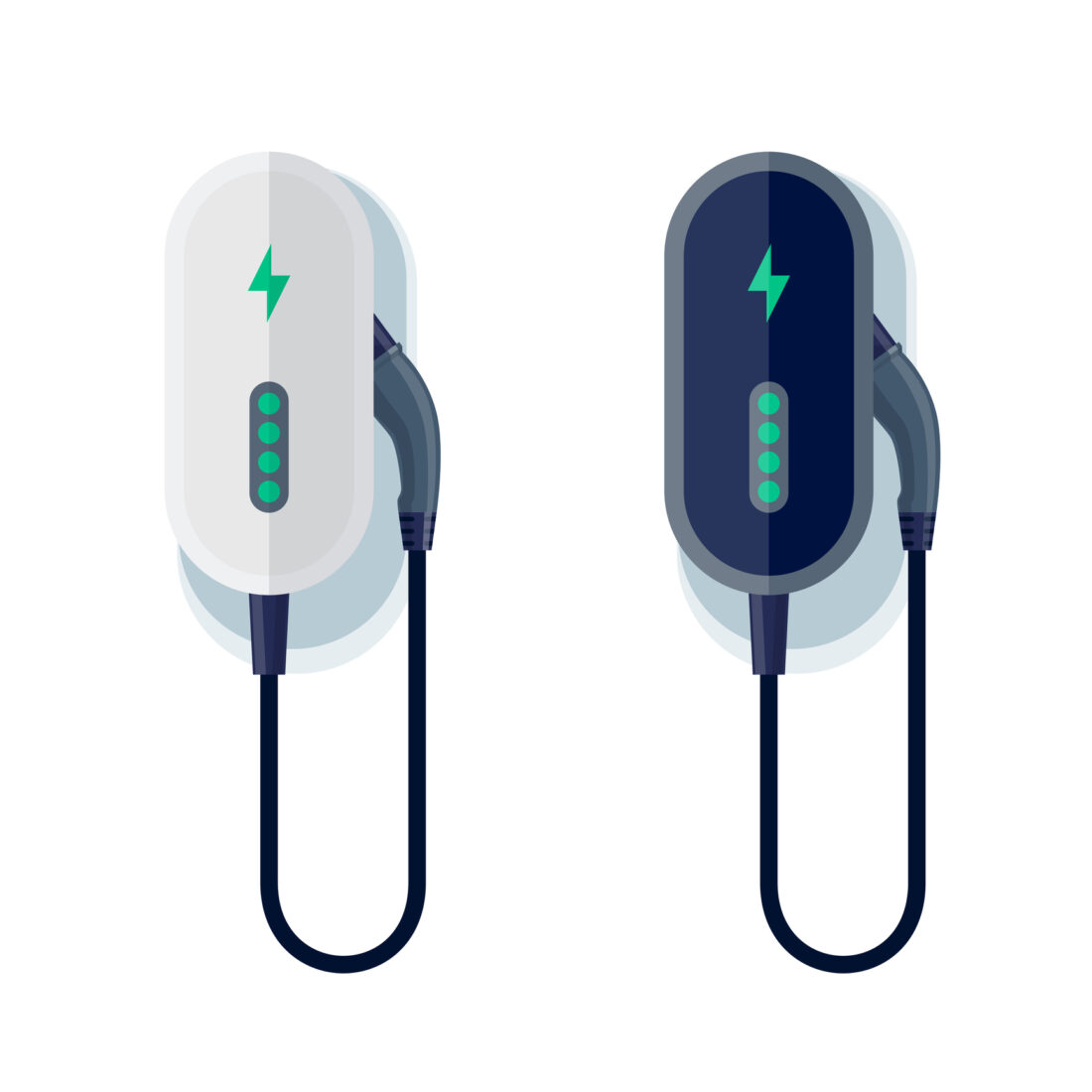
Home EV chargers are at the lower end of the power scale, typically 3.6kW or 7kW. They are usually used overnight and charge your car when you are sleeping or not using it. A home charger can cost you about £800 and go anywhere above £1,500. If you take into account that you can receive up to 75% off the cost of this with the EV chargepoint grant, that brings the cost down considerably.
Ofgem sets the price cap, which currently puts the cost of electricity at 24p/kWh. This means that the average price of home charging is even cheaper than the off-peak slow charge price (33p). According to Pod Point, EV charging at home will only cost you about £17 for a full charge. This was calculated at 32p/kWh, which was the average electricity rate at the start of the Energy Price Guarantee, and for a 60kWh EV, giving 200 miles of range. In other words, smaller vehicles will be cheaper and larger ones will be more expensive than this.
Calculated at the April 2024 price cap, it would cost you around £13 to charge your EV at home.
You can compare home charging costs to public ones using the graph below.
Home Charging EV Tariffs
Some companies offer reasonable tariffs in order for you to make use of cheaper rates for off-peak EV charging at home. For at least five hours, you might be able to benefit from rates as low as 8.5p/kWh over nighttime. Although five hours won’t be enough to fully charge your EV, you will still be charging for a lot less than you otherwise would have. A lot of companies pulled their EV tariffs when energy prices started to soar, so you might not be able to join one for the time being if you aren’t already on one.
Solar EV Charging
To supplement your energy needs, EV charging at home can be even cheaper by connecting it to your solar array. As long as you have a battery system, your electric car can use the stored energy when you’re not using it and then it can be refilled during the day when the sun is shining.
How Quickly Should You Charge?
EV charging costs in the graph above only mentioned prices to 80%. The reason for this is that the best way to prolong the life of your battery is to only charge between 10% and 80%. Although this will reduce your potential mileage, average journeys are rarely longer than 22 minutes, and you won’t be short of charge points.
How far can an electric car go?
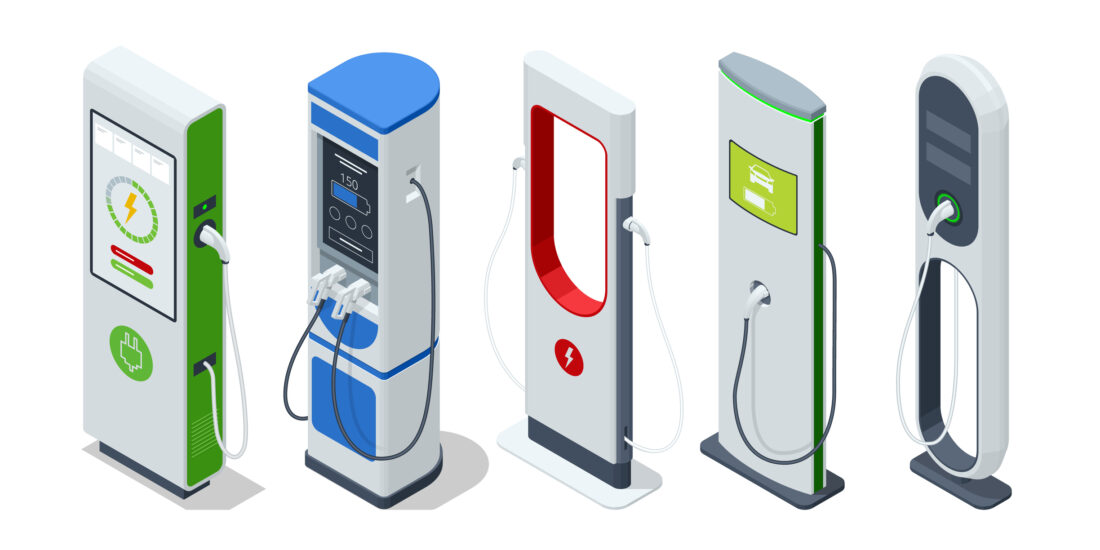
When batteries are connected to power, they initially charge slowly. As they gain heat, the process quickens. Depending on the vehicle, it has to manage the temperature of the charge to protect the battery from degrading. After 80% charge, the temperatures need to be lowered a lot more, which slows down EV charging time. Usually, charging from 80-100% can take even longer than charging from 10-80%, so you can save time, money and your EV battery by not fully charging it.
Faster chargers heat up more quickly, which leads to slightly more degradation of the battery. As long as you only charge in the safe zone of 10-80%, this won’t affect the battery as much. Realistically, you can charge as quickly as you like, but bear in mind that using a fast charger more than three times a month can wear the battery by an additional 0.1% a year. The EV will just have to work harder to fight the temperature increase of the charger.
Related articles
View all EV charging articles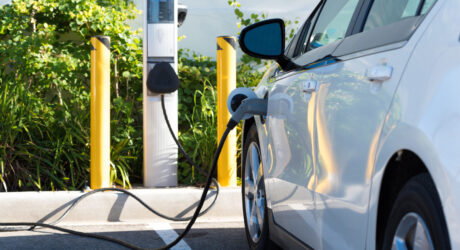
A Guide to Electric Car Batteries
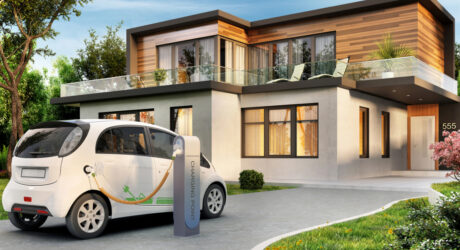
EV Home Charger Installation Guide: How to Charge an EV at Home
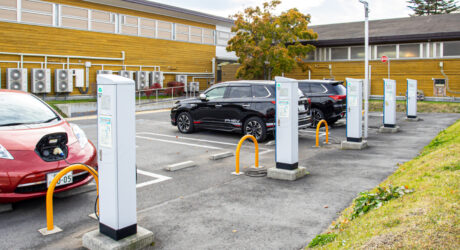
OZEV Grant: What Is It and Am I Eligible?
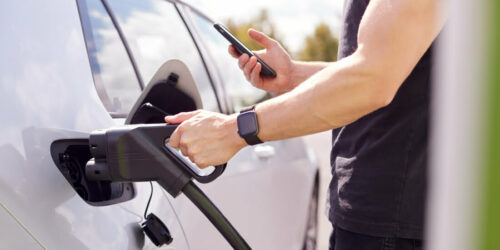
The Best Apps for Finding EV Charging Stations
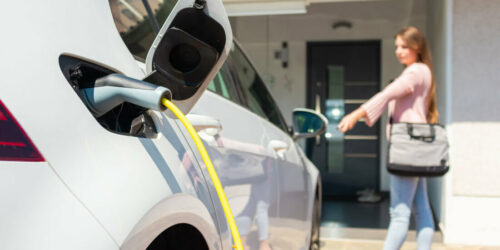
Electric Car Home Charging Stations: The Top Ten EV Chargers for Your Home

Should I Buy a Used Electric Car?
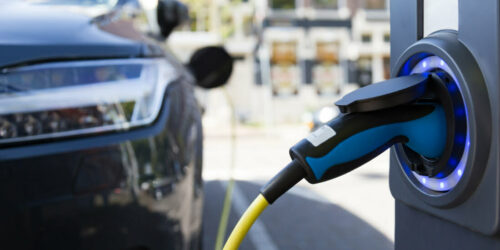
Electric Vehicle Range
